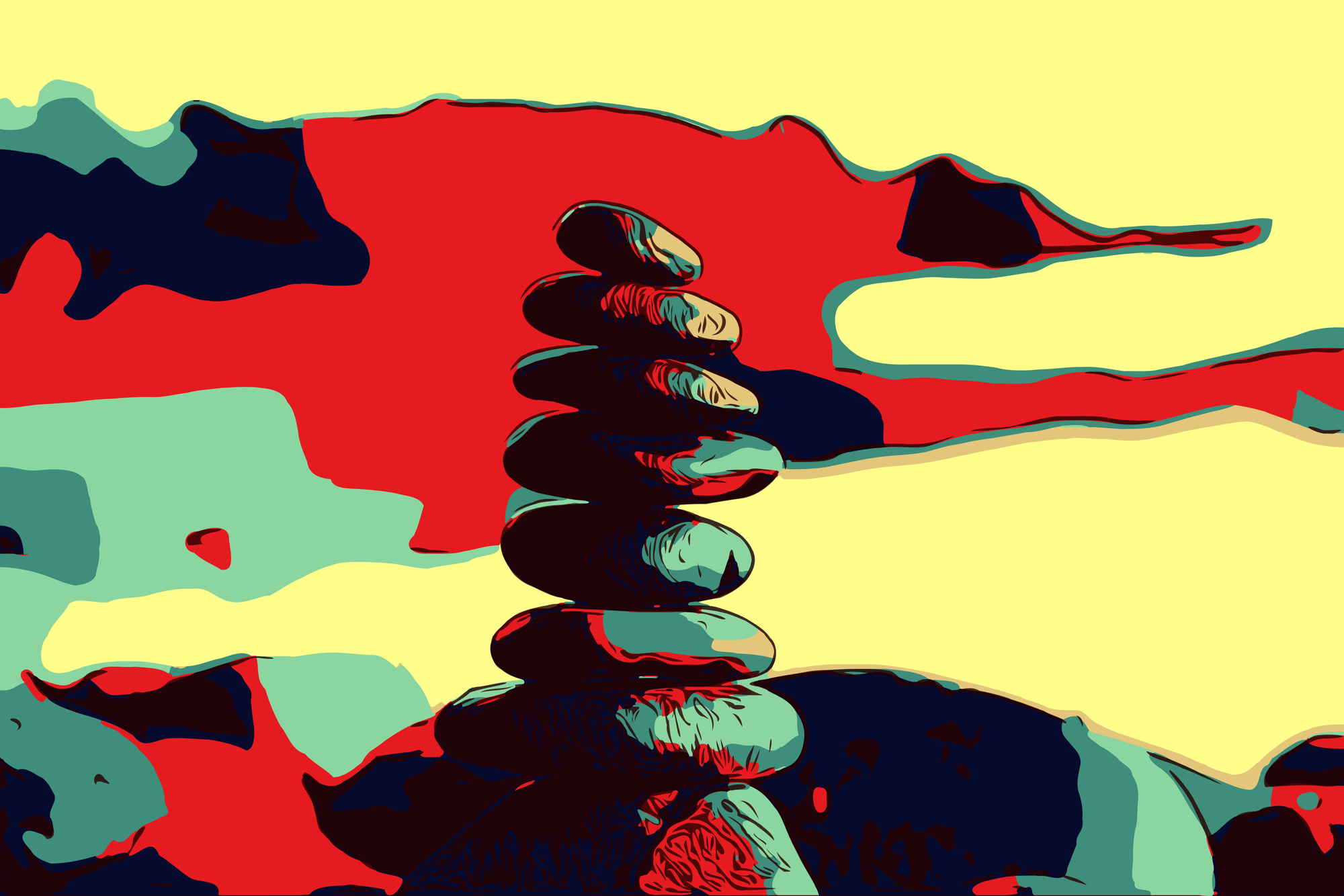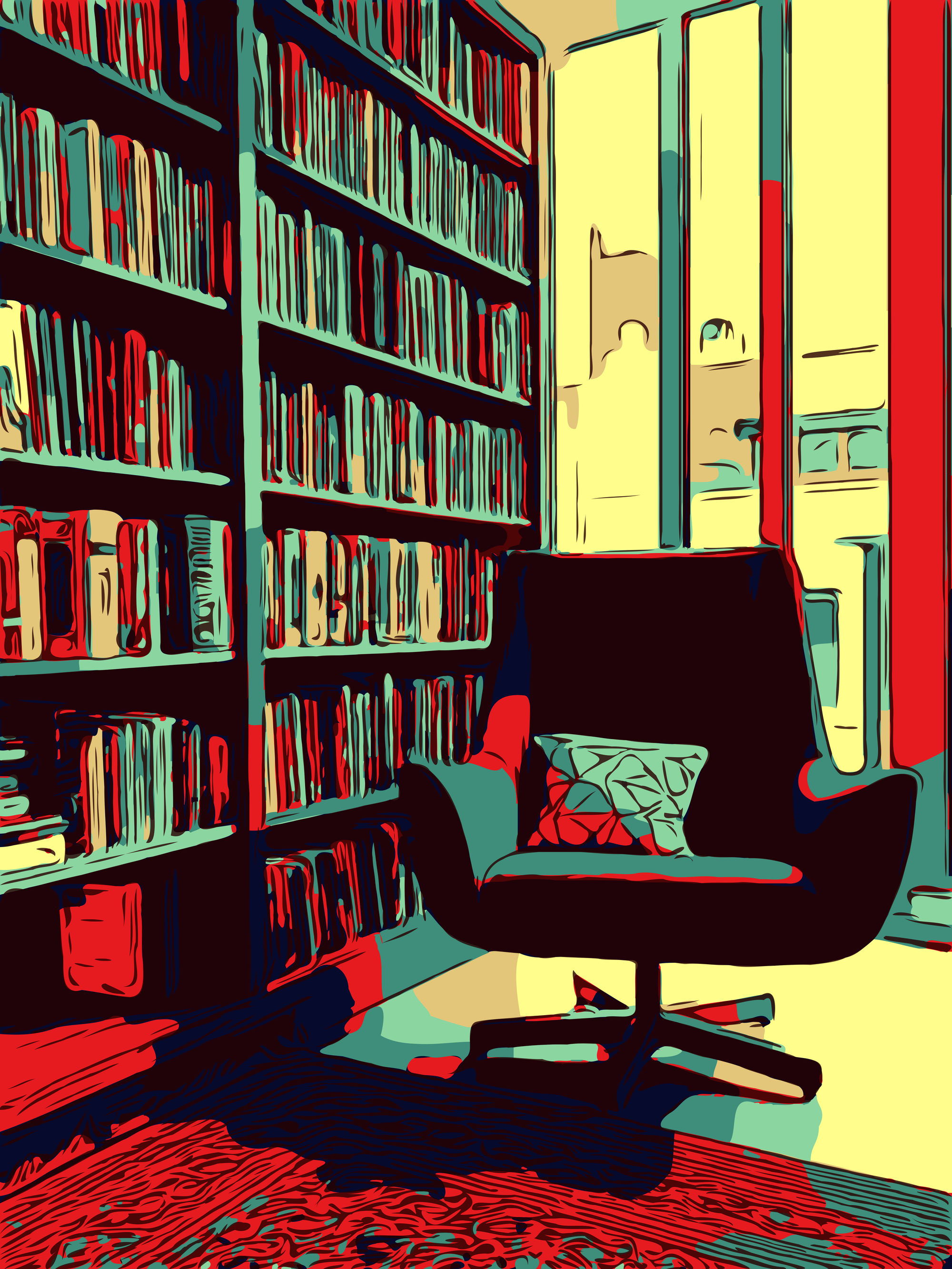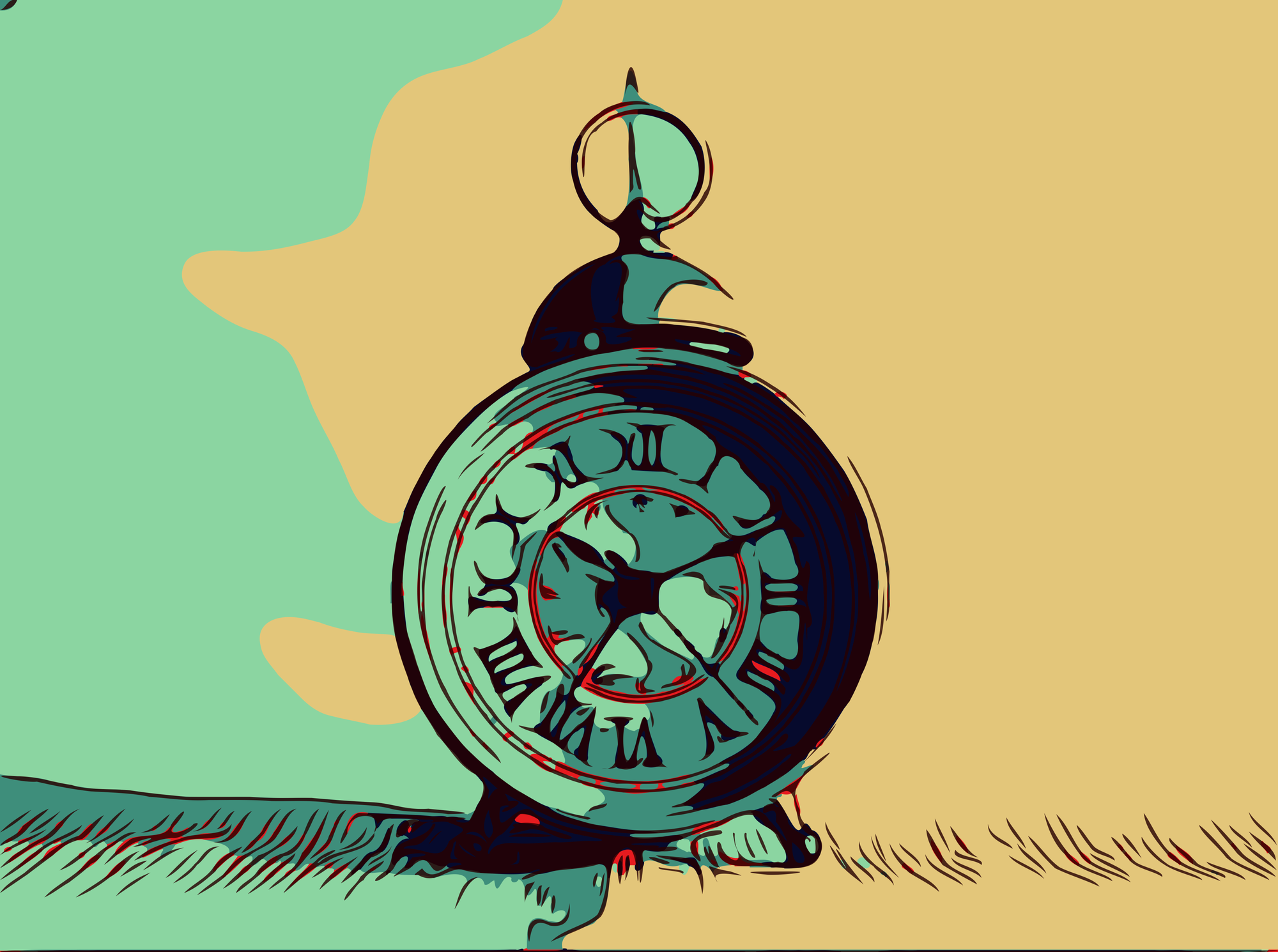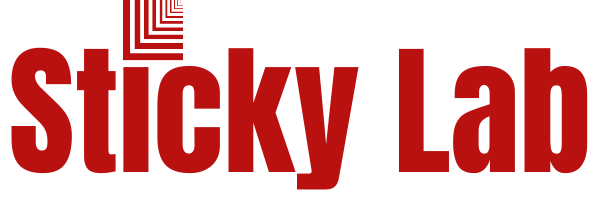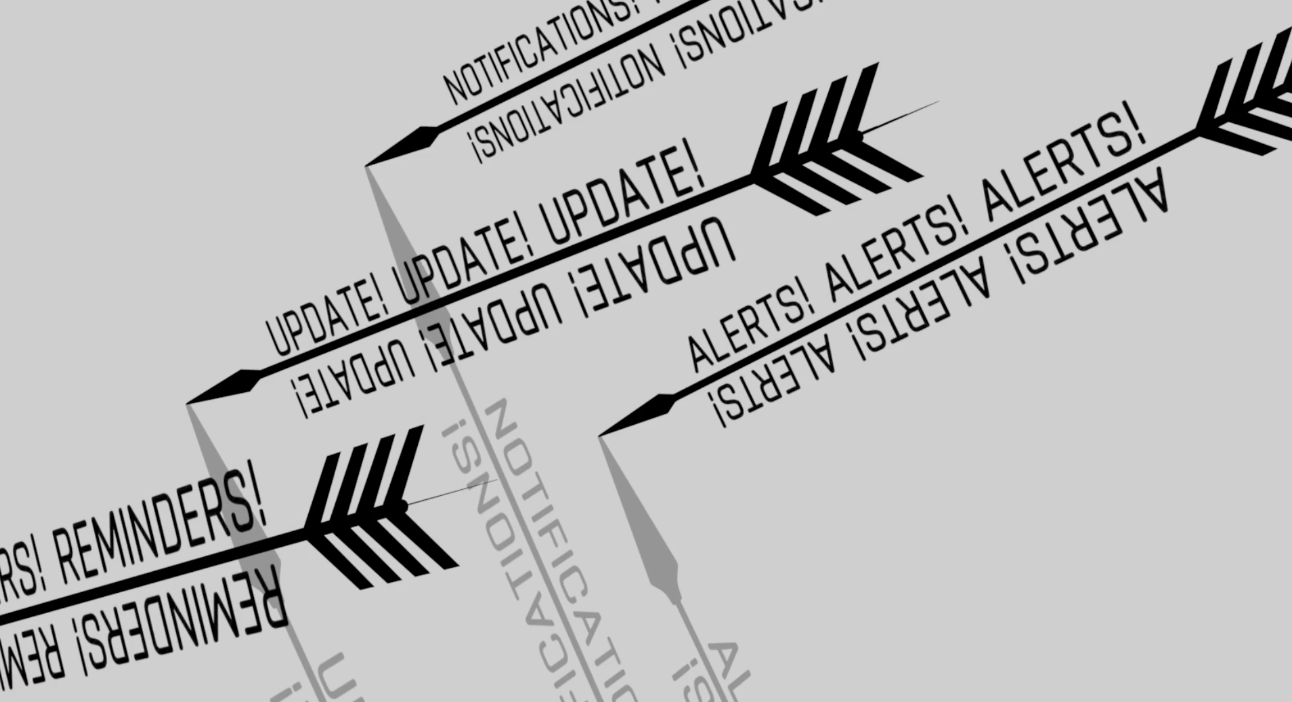
Clearings
We're inundated with a barrage of information that crowds out original thought. What matters - and even what's true - is obscured by the noise.
The Video
The Essay
Decluttering’s been a hot topic. It’s proof positive: we all have too much stuff. This applies in spades when we consider the firehose of information inundating us all day, every day. We do our best to triage the torrent. We frantically scan, set aside, forward and delete items — all in the hope that we don’t overlook something important. The outcome for many is a depletion of our capacity to think, to cultivate understanding, to make meaningful connections and mentally thrive. People speak of a general cultural “dumbing down,” but perhaps there’s an equally pernicious force at work: a “numbing down” — a deadening brought about by too much of…everything.
The old adage “You can’t see the forest for the trees” seems apt but nowadays it needs to be flipped: “You can’t see the tree for the forest."
We’re so caught up in the management of overwhelming volumes of information that we no longer take the time to truly get to know any of it.
The rain of data creates a thicket increasingly difficult to penetrate or parse.
This gets me thinking about my own experiences traversing forests as well as more open landscapes. Each has its own particular character. A natural forest can be majestic — the tall pines of the East Texas Hill Country come to mind — or it can be overgrown and impassable, a stultifying terrain where non-native species proliferate and clutter the forest floor. In East Texas you can stroll unimpeded for miles simultaneously appreciating individual trees and the whole forest community in equal measure.
One reason for this welcoming openness is the occasional, naturally occurring forest fire that clears away the undergrowth while doing no damage to the stately native residents. Our ancestors, when confronting dense wilderness took similar steps; creating clearings where they could build homes and introduce agriculture. Simple trails and roads connected one homestead to the next creating circuits of fruitful exchange.
This idea of “clearing” — of creating openness — is appealing. There are powerful ways to apply it in our daily confrontation with information overload.
Here are three interwoven strategies that work well together:
- Create a ritual space — a physical place uncluttered and arranged to support deeper thought. Think of it as a refuge where only what truly matters is allowed in. Ban all electronics and, instead, surround yourself with artifacts and talismans from your life that inspire and sustain you. For many, physical movement can be conducive to free-flowing thought. If you are among those, don’t hesitate to venture out into nearby neighborhoods and parks as stimulating extensions of your primary sanctuary.
- Cultivate mental space. Meditation has gone mainstream for good reason, it works. Set aside time to clear your mind and open it up to unexpected leaps, intuitions, calculations, and reveries. The mind at rest is actually the mind at work — just on a deeper level. Here, too, movement can be a boon. Jean-Jacques Rousseau famously wrote, “I can only meditate when I am walking. When I stop, I cease to think; my mind only works with my legs.”
- Carve out some “up time.” Schedule time each day when you can intentionally elevate your thinking beyond the routine and mundane. Guard this time — make it inviolable by friend or foe. Although inspiration frequently arrives in a split-second flash of insight, it’s usually a harvest born of persistent periods of deep thought. As Henry David Thoreau once wrote “To create art, time must stand still. The artist cannot be in a hurry.”
The promise of open spaces -- whether physical, mental, or temporal -- carries with it the opportunity to step back and observe at a distance; to introduce perspective, contemplation and deeper meaning into our daily lives. It’s a skill and practice that will only increase in value as the spigots of undifferentiated information continue to flood and disrupt our every waking hour.
